

Solar Photovoltaics are best known as a method for generating electric power by using solar cells to convert energy from the sun into a flow of electrons by the photovoltaic effect. Solar cells produce direct current electricity from sunlight which can be used to power appliances, charge electric vehicles and more.
PV farms are extremely reliable for many different reasons, but mainly because PV systems have no moving parts and consist of a panel that is made up of solar cells, a roof or ground-mounting frame and electric cables, and an inverter to convert direct current electricity to alternating current that can be used on-site or exported to the electricity grid.


Solar PV does not rely on intensive sunlight - daylight is sufficient for electricity generation. In that regard, Ireland, north and south has the capacity to generate significant volumes of solar energy.
Solar PV is now a competitive, mature technology. It is the fastest growing, and easiest to deploy renewable energy globally. Solar farms produce no emissions, are visually unobtrusive and have little to no impact on their local environment.
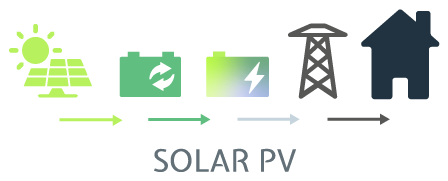

Solar and storage are a perfect partnership.
Storing the renewable energy we generate allows clean power to be used 24 hours a day. Energy storage is key to meeting demand and providing vital grid balancing services.
At Strategic Power Projects, we believe that solar and storage are at the heart of a smarter energy system. We are developing energy storage solutions alongside or as an integrated part of our solar assets.

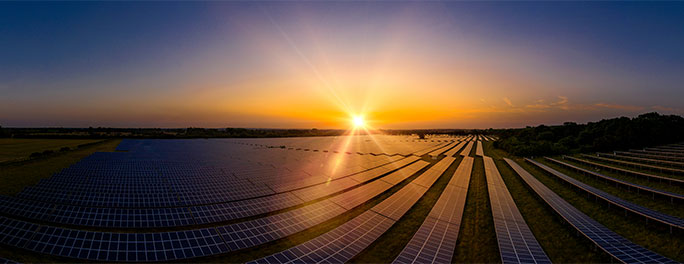
This practice of hybridisation plays a big role in increasing power system efficiency and ensures a greater balance in the energy supply.
The combination of technologies provides technical and economic benefits. Hybrid power plants can help maximise the use of grid connection points which is cost effective, and if there’s a good complementarity of solar resources at the site, the power output is more stable and dispatchable.
Activity in the country has been picking up pace over the past year. Ireland’s first Renewable Electricity Support Scheme (RESS) auction took place in August 2020 with solar being awarded around 800MW of capacity support.
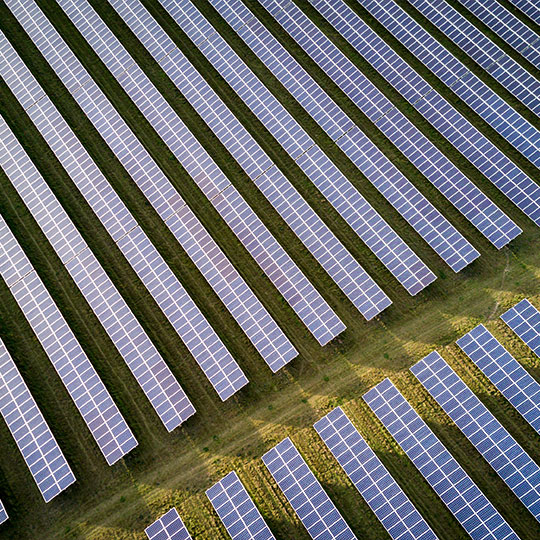
Location: Co. Armagh
Energy Type: Solar
Capacity: 35MW
Status: In Design
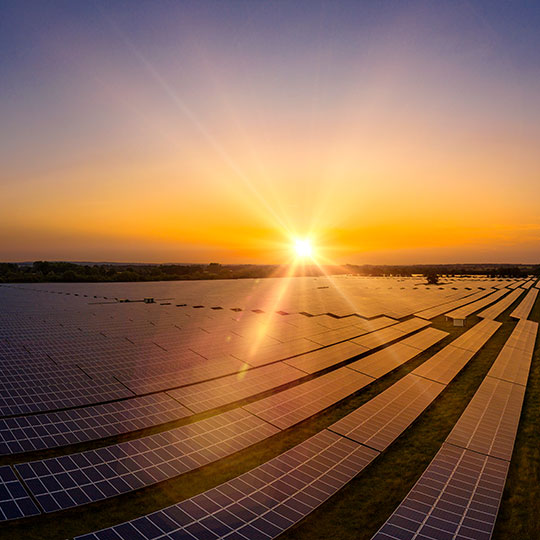
Location: Co. Derry/Londonderry
Energy Type: Solar
Capacity: 80MW
Status: In Design
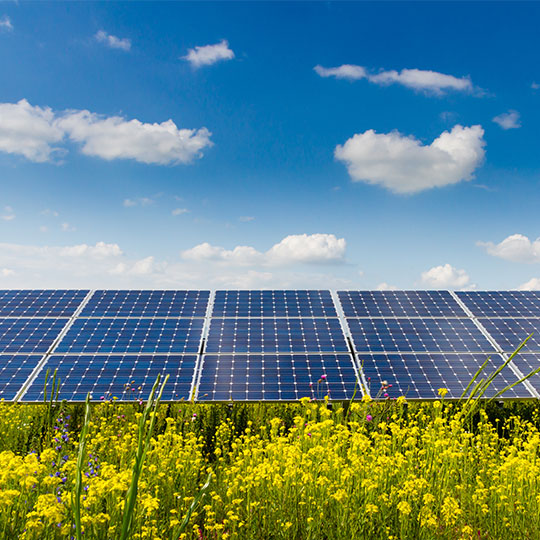
Location: Co. Meath
Energy Type: Solar
Capacity: 120MW
Status: In Design